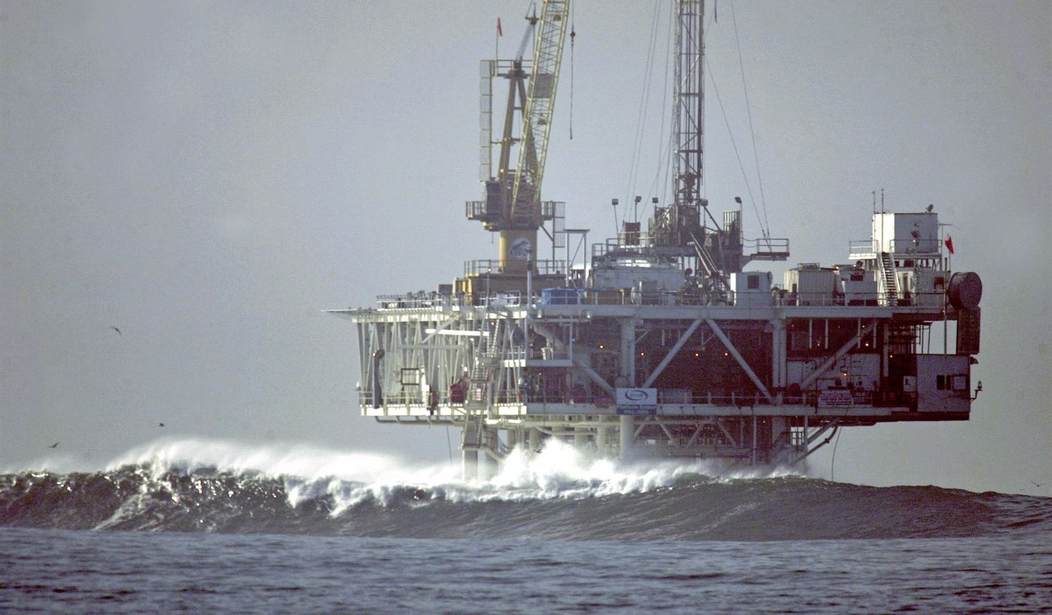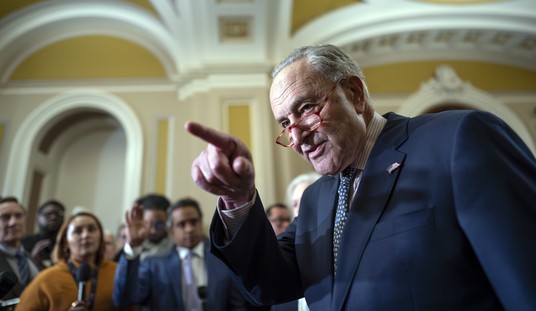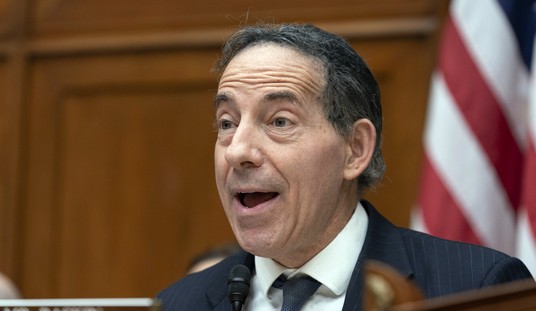To point out that the Biden administration, now thankfully in its final days, was unfriendly to the energy sector is to indulge in a gross understatement. One of Joe Biden's very first acts in office was to cancel the Keystone Pipeline, which would have provided cheaper, reliable energy to the United States and, by the way, would have been profitable for America's number-one trade partner - Canada. The Biden administration, catering to the climate scolds and the renewable energy crowd, has overseen runaway energy costs. Gasoline, diesel fuel, home heating oil, natural gas, electricity rates, you name it - costs of all of them have increased since Joe Biden shambled into office.
That's all about to come to a crashing halt. Donald Trump will resume the presidency on January 20th, and one of his primary campaign promises was to bring down energy costs and to make America once more energy independent.
So, how is he going about that, and what are the climate scolds saying?
Key aspects of Trump’s energy plan include ramping up domestic oil and natural gas production, revisiting nuclear energy expansion, and reducing reliance on foreign imports. During his campaign, Trump pledged to restore deregulations rolled back under the Biden administration, which he claims have hampered economic growth and stifled energy innovation. His supporters view this as a decisive step toward revitalizing industries, particularly in regions dependent on fossil fuel extraction.
This is a good start (and plenty of Alaska's North Slope workers will like it, I can tell you that). Right now, whether the climate scolds like it or not, fossil fuels and nuclear power are where it's at. And it's telling to note that, while they rail about coal, gas, and oil, the climate scolds also refuse to consider nuclear power as an answer to America's electricity needs - despite modern nuclear plants being clean, safe, and emissions-free. Isn't that everything the scolds claim to want?
The best part is that a lot of this needs no massive influx of taxpayer funds, unlike "green" energy programs. Deregulation, though, is another story:
Central to Trump’s energy agenda is his intent to slash regulatory barriers that he says hinder domestic energy production. This includes potentially reviving the controversial Keystone XL pipeline project, a proposal that has sparked fierce debate among environmental groups, indigenous communities, and energy advocates.
Reviving the Keystone Pipeline would be a good start as well; the only possible stumbling block there is that the Canadian side of the pipeline construction is on edge. Biden's day-one cancellation not only scotched the pipeline but also canceled any faith the Canadians had in American consistency. Canadian companies may take some persuading to get involved in this again, expecting another American Lucy to once more yank away the football.
More: Reversing Biden's Legacy: Trump Reportedly to Revive Keystone XL Pipeline; Workers Ecstatic
Oh, while we're slashing regulatory barriers, let's slash some of the barriers holding back new nuclear power plants.
And, no, the climate scold won't be happy with the Trump energy plans.
Renewable energy, meanwhile, takes a backseat in Trump’s strategy. His administration is expected to shift federal funding away from green energy projects and focus instead on bolstering coal, oil, and natural gas sectors. This decision has drawn criticism from climate scientists who warn of missed opportunities for sustainable innovation.
Here's the thing: If "renewables" were economically feasible, people would already be using them. That's the great flaw in "green energy" schemes; they have to be heavily propped up to be adopted at all. If solar, wind and the like were, as climate scolds claim, cheaper in the long run, there would be no need for advocacy. Just build it, and they will come.
See Related: Gov't Research Lab Claims Practical Fusion Power by 2040 - How Will Climate Scolds React?
Let's add one more item to the list: Eliminate the Department of Energy. It's superfluous; the states can handle matters within their own borders, the Department of the Interior can deal with what issues cross state lines (i.e., pipelines), and the Department of Energy can be shuttered. There is no constitutional authorization for its existence in any case.
The incoming Trump administration is making the right noises on energy policy. But the best thing that the federal government can do in this arena is to get out of the way. Deregulate, and let the market decide which methods of energy provision work best in each area. Markets, as I'm fond of pointing out, are frequently messy, but they generally get things right in the end. Given current technologies, the energy triad of coal, oil/natural gas and nuclear power meet American needs best, and they are already profitable as well.
The Trump administration is shaping up to have a really, really busy first 100 days.













